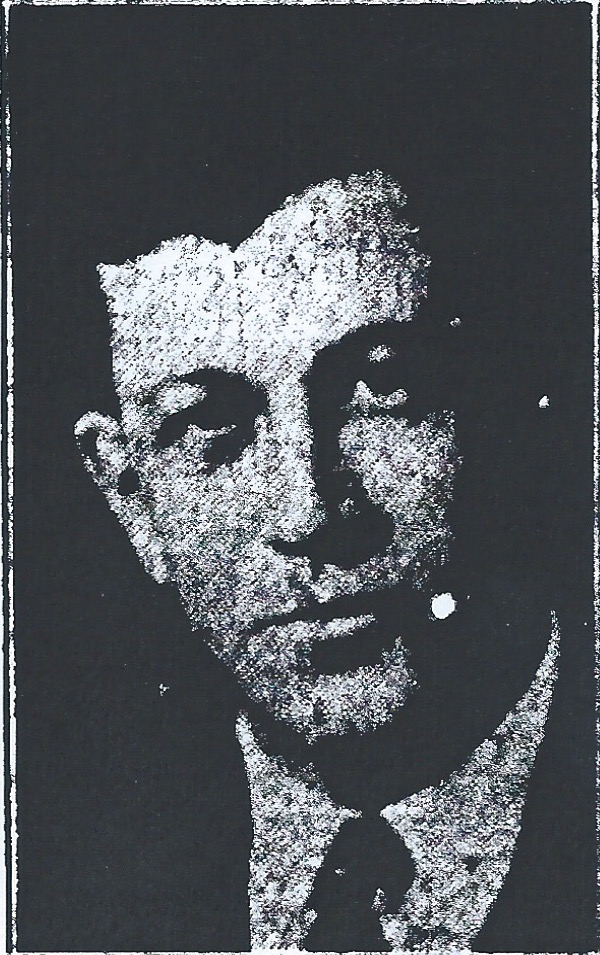Encyclopedia Dubuque
"Encyclopedia Dubuque is the online authority for all things Dubuque, written by the people who know the city best.”
Marshall Cohen—researcher and producer, CNN
Affiliated with the Local History Network of the State Historical Society of Iowa, and the Iowa Museum Association.
CLINE, Earl D.
CLINE, Earl D. (Winterset, Iowa-- ). Cline received his elementary and high school education in Winterset and his bachelor's degree from Drake University in 1916. During the 1918-1919 academic year he was a science and mathematics teacher in Winterset before becoming the superintendent of schools in Grimes, Iowa. He served there two years before joining in 1922 the Bureau of Educational Research of the Extension Division of the State University of Iowa. He received his master's degree the same year from the university.
He left Iowa after one year to join the Chicago public school system as the executive secretary of the advisory school plan commission. He remained in Chicago in 1924 as a statistician and a member of the building staff. In 1925 he returned to the State University of Iowa's Bureau of Research.
He was hired by the South Bend public school system in 1925 as the director of school planning. He was appointed assistant superintendent in 1928 before becoming superintendent.
On March 18, 1930 the board of education of the DUBUQUE COMMUNITY SCHOOL DISTRICT announced that it had hired Earl D. Cline to succeed Fred G. STEVENSON as the district's superintendent.
Cline was appointed superintendent for a term of one year and a salary of $6,000. This was $500.00 more than his predecessor, but Cline agreed to pay all personal expenses with his attendance at educational conventions and conferences. These had previously been paid by the board.
---
Source:
"Earl D. Cline of South Bend, Indiana Choice of Board," Telegraph Herald, March 18, 1930, p. 1


